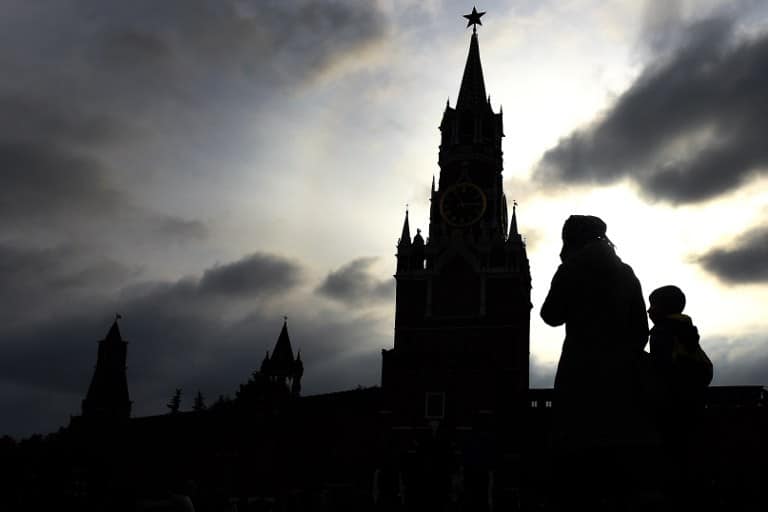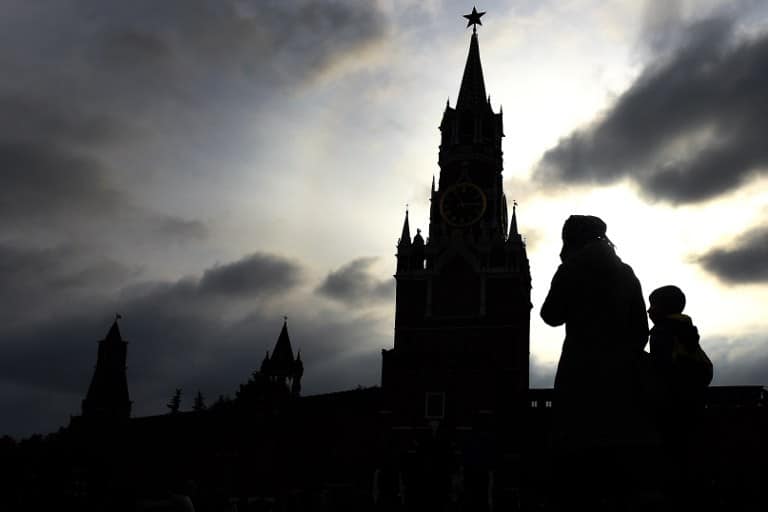A quite astonishing article recently appeared in the New York Times, astonishing even by the standards of that newspaper, which featured Judith Miller and Michael Gordon in the Pentagon-sponsored lie machine that led up to the catastrophic war against Iraq. The article, entitled “Kremlin Sources Go Quiet, Leaving CIA in the Dark about Putin’s Plans for Midterms,” claims that the United States has had a number of spies close to the Russian president “who have provided crucial details” that have now stopped reporting at a critical time with midterm elections coming up. The reporting is sourced to “…American officials familiar with the intelligence” who “…spoke on condition of anonymity because they were not authorized to reveal classified information.”
After reading the piece, my first reaction was that Judith Miller was back but the byline clearly read Julian E. Barnes and Matthew Rosenberg. Noms de plume, perhaps? The article is so astonishingly bad on so many levels that it could have been featured in Marvel Comics instead of the Gray Lady. First of all, if American intelligence truly has in the Kremlin high level human agents, referred to as humint, it would not be publicizing the fact for fear that Moscow would intensify its search for the traitors and discover who they were. No intelligence officer speaking either openly or anonymously would make that kind of fatal mistake by leaking such information to a journalist.
If indeed the source of the leak was a genuine intelligence officer it suggests a different, more plausible interpretation. The CIA might, in fact, have no high-level agents at all at the Kremlin level and is intent on having the Russians waste time and energy looking for the moles. There is additional evidence in the article that the agent story might be a fabrication. The authors assert that the CIA agents in Moscow provided critical information relating to the alleged Russian interference in the 2016 election. The nature of that information, if it existed at all, is something less than transparent and the piece cites no less an authority on Moscow’s subversion than ex-Agency Director John Brennan, who connived at electing Hillary when he was at CIA and has had an axe to grind ever since. Having Brennan as a source is an indication that the two journalists were desperate and were willing to cite anyone.
And then there are the narratives that the journalists accept to make their whole story credible. As the title of the article suggests, they believe that Russian President Vladimir Putin has a “plan” for America’s midterm elections. To support that conjecture they cite recent assertions from both corporate and government leaders that there has been meddling in cyber systems and on social media over the past few months, though it is interesting to note that no evidence has been provided to link such activity to Russia.
So, does Putin have a plan? The New York Times apparently believes he does. And what would that plan involve? The Times thinks it is no less than “a broad chaos campaign to undermine faith in American democracy.” It also cites Director of National Intelligence Dan Coats as affirming that Putin is “intent on undermining American democratic systems.” Think about that for a moment. Why would Russia want to damage an already oftentimes dysfunctional system of government? To replace it with what? A dictatorship might be more effective and even warlike, contrary to Russia’s own interests. Why mess with something that is already messy all by itself?
The article also hurls out other lies and half-truths. It assumes that Russia was trying to change the outcome of the 2016 US election, for which there is no evidence at all, and it also claims that Putin is killing off spies, citing the Skripal case in Britain, for which proof of an actual Russian connection has never been presented.
And finally, then there is an odd whine from a former CIA Russia expert John Sipher blaming the intelligence failure on the likelihood that the Agency Station in Moscow is tiny and ineffective because “The Russians kicked out a whole bunch of our people” in their expulsion of sixty American diplomats/spies in March. Sipher is inter alia confirming to Moscow that many of those expelled were, in fact, CIA. He also needs to recall that the persona non grata (PNG) move was in response to the US expelling sixty Russians and closing two diplomatic facilities over Skripal, which means the United States deliberately took self-inflicted steps that it should have known would cripple its ability to spy in Moscow. And now it is complaining because it doesn’t know what is going on.
Reprinted with permission from Strategic Culture Foundation.


